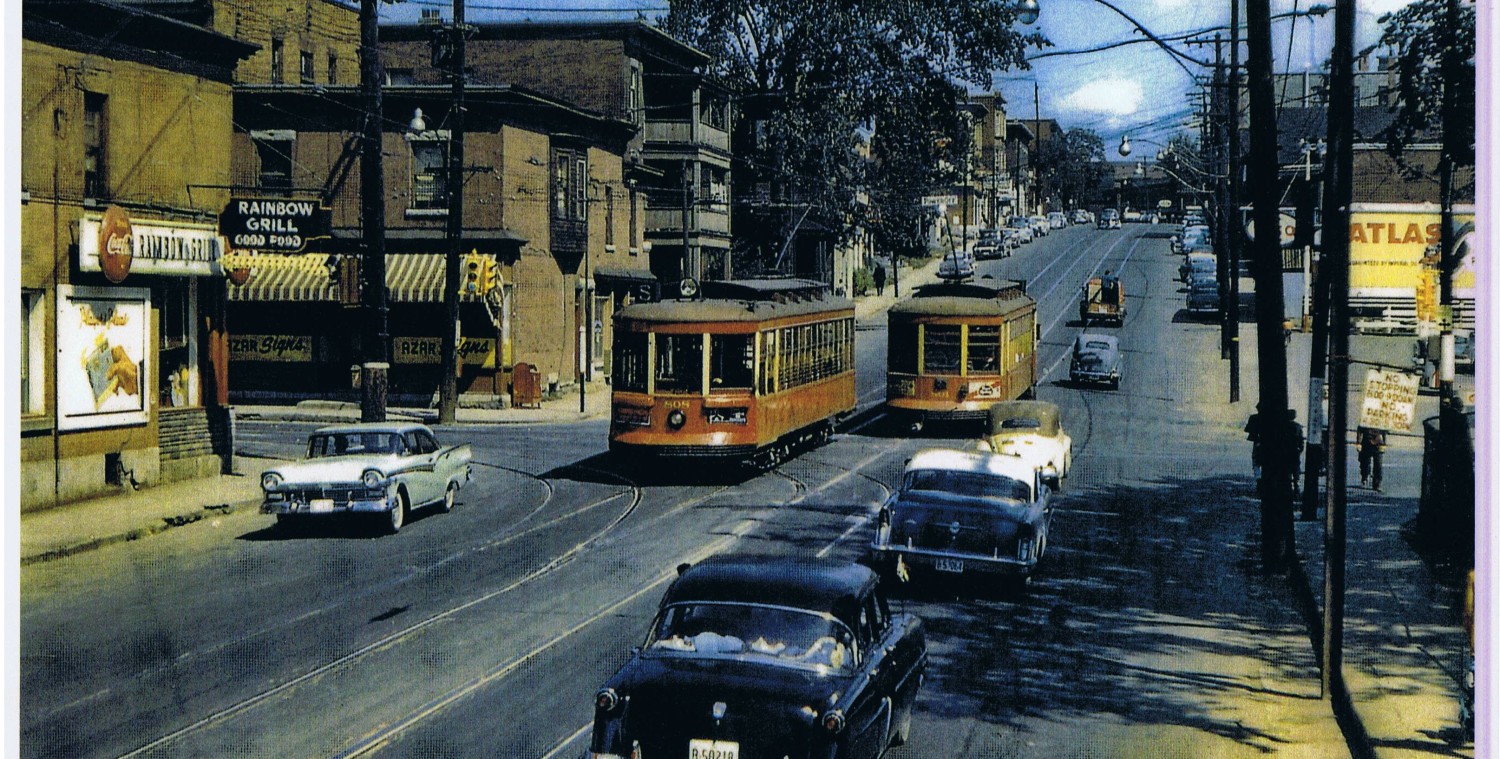 I can understand why people buy a condo apartment or townhouse to live in. People like the sense of control. Of ownership. Permanence. And once it is paid off, you don’t have to earn the (taxable) income to pay rent.
I can understand why people buy a condo apartment or townhouse to live in. People like the sense of control. Of ownership. Permanence. And once it is paid off, you don’t have to earn the (taxable) income to pay rent.
I also understand that renting is cheaper, and the tax benefits similar, if you invest the difference between renting and saving into the stock market, preferably in low-cost ETF’s. But then you are a tenant … and some people don’t thrill to that.
But that is not what this is about.
It’s about people who buy condos for investment purposes. If you started up a store, or any sort of business selling something, would you buy your product retail? Course not; you’d find a wholesaler, allowing you the opportunity to have a markup (and hopefully a profit, that is a surplus of revenues over costs) as you bring it to buyers.
Condo developers have lists of investment buyers. Many invest in real estate every year. In return for being low-maintenance buyers (they don’t fuss about floor plans or finishes, they buy the smallest units and wait til they can resell for a profit) these early investors get the lowest prices. These pre-sales help the developer get the project off the ground. Then the developer opens a swanky public sales office, and the game is on.
Selling costs for that sales centre and staff run around $30,000 per condo unit sold. And up.
If someone buys a condo, either brand new from the developer, or resale, the purchase price includes a contribution to the marketing costs. And to the legal costs of creating and registering the property (freehold house buyers face similar costs, of course).
The one-off retail buyer (that’s you or me) probably has only the one investment property. So the pressure is on to break even from the first tenant. Investors with multiple properties have opportunities to equalize revenues and costs amongst their portfolio of properties. So they can, if necessary, subsidize the rent for a time in anticipation of later benefits.
But if someone buys a whole building, rather than individually titled units, they are buying the building wholesale. Economies of scale come into play. The investment is also a lot less liquid (ie, harder to sell, as the costs are high, and you are dealing with professional money people).
With interest, I noted in OBJ on Sept 9th that Kanata Lakes Apartment II just sold. This a whole building, sold at once. It is very recently built. There are 152 units in total (129 one bedroom; 23 two bedroom) with an average size of 950 sq ft. For the purposes of this argument, I am assuming these units are comparable to condos on the market.
New condos in Ottawa sell in the $450 per sq foot range (with or without parking? just play along here for a bit….). The Kanata apartments sold for $320,000 per suite. Divide that by the average square footage, and the transaction price was $336/sq ft.
That $336 for a wholesale apartment is a lot less than buying it retail for $450. Which is why I think individuals should be very cautious about buying condos at retail to rent. You are competing against the professional landlords. The pro’s, running a business, also have different tax rules (guess what, they don’t favour the retail investor) and can spread the risk over many apartments and often many buildings. And they won’t be ruined by a single tenant from hell.
I have no doubt some people can make money buying condos retail and renting them or flipping them or reselling them. But they have to be very savy. Which I think the average “bright idea, let’s buy a condo and rent it” investor isn’t.
Buying real estate, whether on the ground or strata rights (condo) can be a good move for some people, at some times. Push ownership as a form of economic stimulus (see Clinton, Bush et al) and there is risk of a bubble. The current “pause” in the real estate market generally, and condos specifically, may have something to do with the number of people trying to make a quick buck. But there was no grand plan to stop having children in 1990 so the population continues to grow, people will need a place to live, and condos and apartments will be around.
The sudden reticence of novice investors to buy condos doesn’t mean apartment buildings won’t continue to be built. Cranes will continue to dot the skyline. The City’s community design plans will continue to designate more land for more highrises.
Caveats: I don’t own condos or any investment properties. I do own REIT’s (shares in companies that own apartments). The above numbers come from a general interest newspaper story. The “average size” number in particular is subject to interpretation. I am not your investment advisor or real estate pseudo-guru. I do own my own house, it was the right course for me, when I did it; I am not so sure that is an advisable course of action today.


